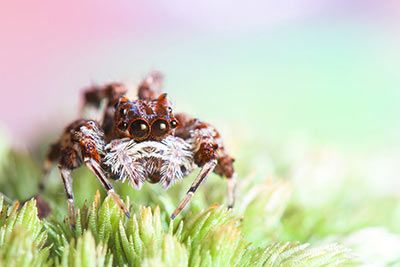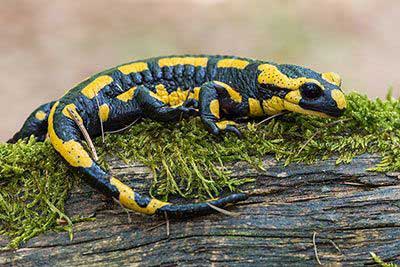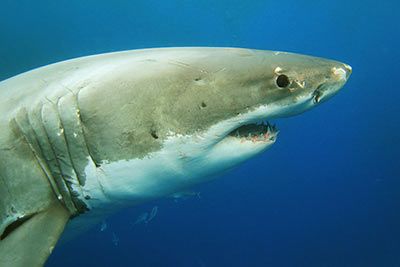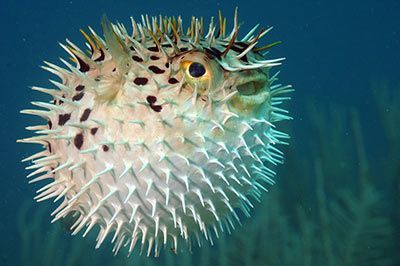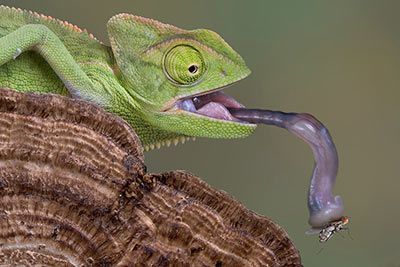Venomous Mammals
Eurasian Water Shrew
Water shrews are insectivores. There are three species: the Eurasian water shrew, the Iberian water shrew, and the Transcaucasian water shrew. They are not endangered. While all other venomous mammals live in Asia, America or elsewhere, the only venomous mammal found primarily in Europe (and in Asia) is the water shrew.
Despite being the largest shrew in Europe, it only grows to 3.8 inches (96 mm) long and weighs 0.88 ounces (25 grams). They have glands under their tongue that transport venom to their teeth. With its rudder tail, it is an adept diver and even kills its prey underwater, such as small crabs, snails, aquatic insects and fish. It can stay underwater for up to 20 seconds.

Are Water Shrews Dangerous to Humans?
Just as with short tailed shrews, a bite can really hurt and leave you in pain for several days. And the wound will swell up. But bites are not fatal, and they’re not common either. If you see a water shrew, you can even count yourself lucky. These animals eat an incredible amount of insects and their larvae - exactly the things that we humans don’t really like.
How Do Water Shrews Dry Their Fur?
What do you do when you get back on land but all your fur is still wet? Dogs shake the water from their fur. The water shrew has found its own funny, unusual solution. It squeezes itself through the narrow entrance to its burrow, wringing the water out. This is then absorbed by the tunnel walls (made from dry soil).
Although water shrews are not considered endangered, they are protected in Germany. Here you can find our shrew profile!
- Table of Contents:
- 0. Introduction
- 1. Slow Lori
- 2. Platypus
- 3. Short Tailed Shrew
- 4. Eurasian Water Shrew
- 5. Solenodon




